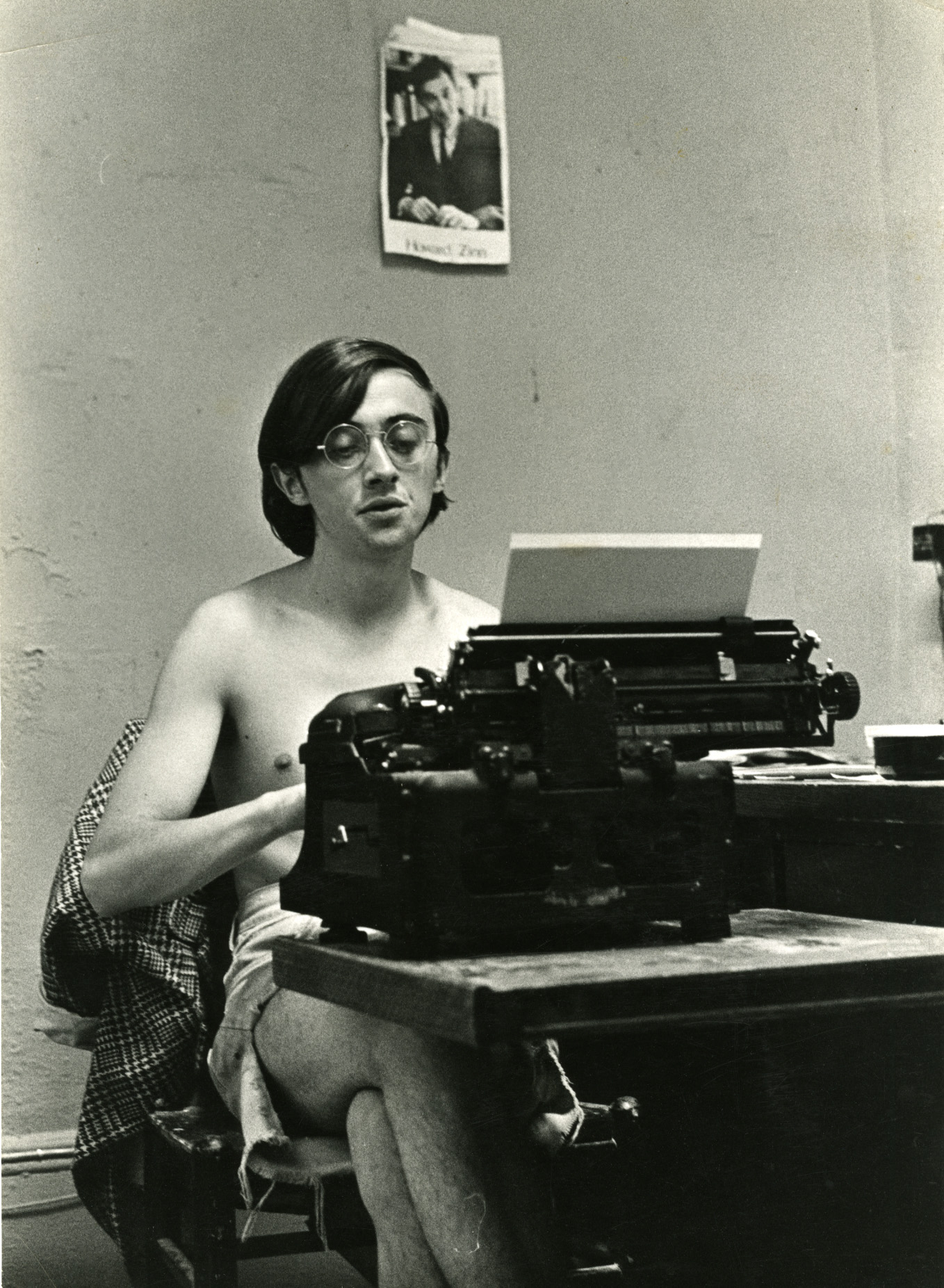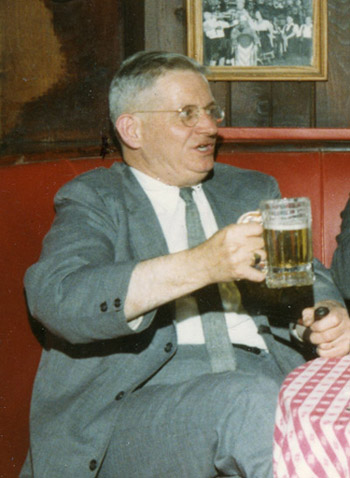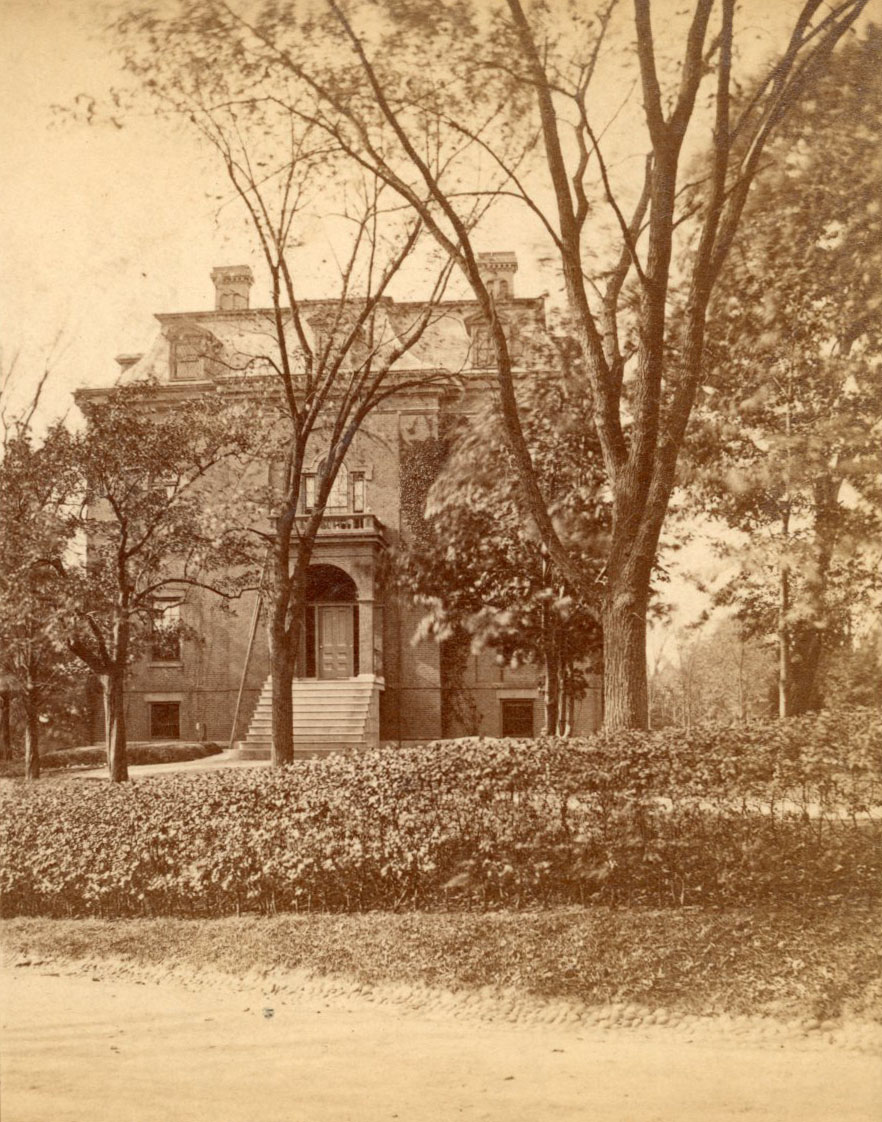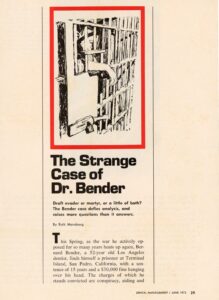Raymond Mungo Papers

Born in a “howling blizzard” in February 1946, Raymond Mungo became one of the most evocative writers of the 1960s counterculture. Through more than fifteen books and hundreds of articles, Mungo has brought a wry sense of humor and radical sensibility to explorations of the minds and experiences of the generation that came of age against a backdrop of the struggles for civil rights and economic justice, of student revolts, Black Power, resistance to war, and experimentation in communal living.
Consisting of the original typescripts and manuscripts of ten of Raymond Mungo’s books, along with corrected and uncorrected galleys and a small number of letters from publishers. Among the other materials in the collection are thirteen photographs of Mungo taken by Clif Garboden and Peter Simon during and immediately after his undergraduate years at Boston University; a DVD containing motion pictures of life at Packer Corners in 1969 and 1977; and an irate letter from a writer regarding the status of poems he had submitted to Liberation News Service.




